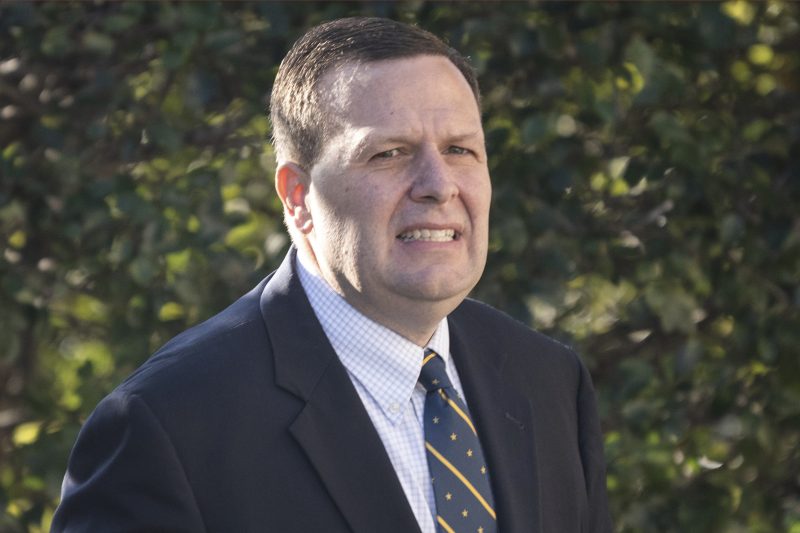
Breaking News: Indiana Mayor Victory Weakens Corruption Laws in Latest Supreme Court Ruling
The Supreme Court Ruling on Indiana Mayor Is Latest to Weaken Corruption Laws
The recent Supreme Court ruling regarding the case of an Indiana mayor has continued the trend of weakening corruption laws in the United States. The decision, which centered on the definition of honest services fraud, has sparked debates about the limits of public corruption prosecution and the implications for holding elected officials accountable.
In the case of the Indiana mayor, the Supreme Court decided that he did not commit honest services fraud by awarding city contracts to his campaign donors. The Court’s ruling was based on a narrow interpretation of the statute, which requires proof of bribery or kickbacks. This decision has raised concerns among anti-corruption advocates, who fear that it will create loopholes for politicians to engage in unethical behavior without facing legal consequences.
The weakening of corruption laws is not a new phenomenon in the United States. In recent years, the Supreme Court has issued several decisions that have made it more difficult to prosecute public officials for corrupt practices. These decisions have often been justified on the grounds of protecting freedom of speech and preventing overly broad interpretations of anti-corruption statutes.
Critics of the Supreme Court’s approach argue that these rulings have undermined the ability of prosecutors to hold corrupt officials accountable. They point to the growing number of cases where public officials have escaped conviction or received lenient sentences due to legal technicalities. This trend has eroded public trust in the justice system and raised questions about the fairness of the legal system.
In response to the weakening of corruption laws, some states have taken steps to strengthen their anti-corruption statutes. For example, some states have enacted stricter disclosure requirements for public officials and increased penalties for corruption-related offenses. These efforts aim to fill the gaps left by federal laws and ensure that public officials are held to account for their actions.
Despite these efforts, the Supreme Court’s rulings on corruption laws continue to set the tone for how these cases are prosecuted across the country. As long as the Court maintains its current stance on corruption statutes, prosecutors will face an uphill battle in holding public officials accountable for their actions. The implications of these decisions reach far beyond the case of the Indiana mayor and have far-reaching consequences for the fight against public corruption in the United States.
